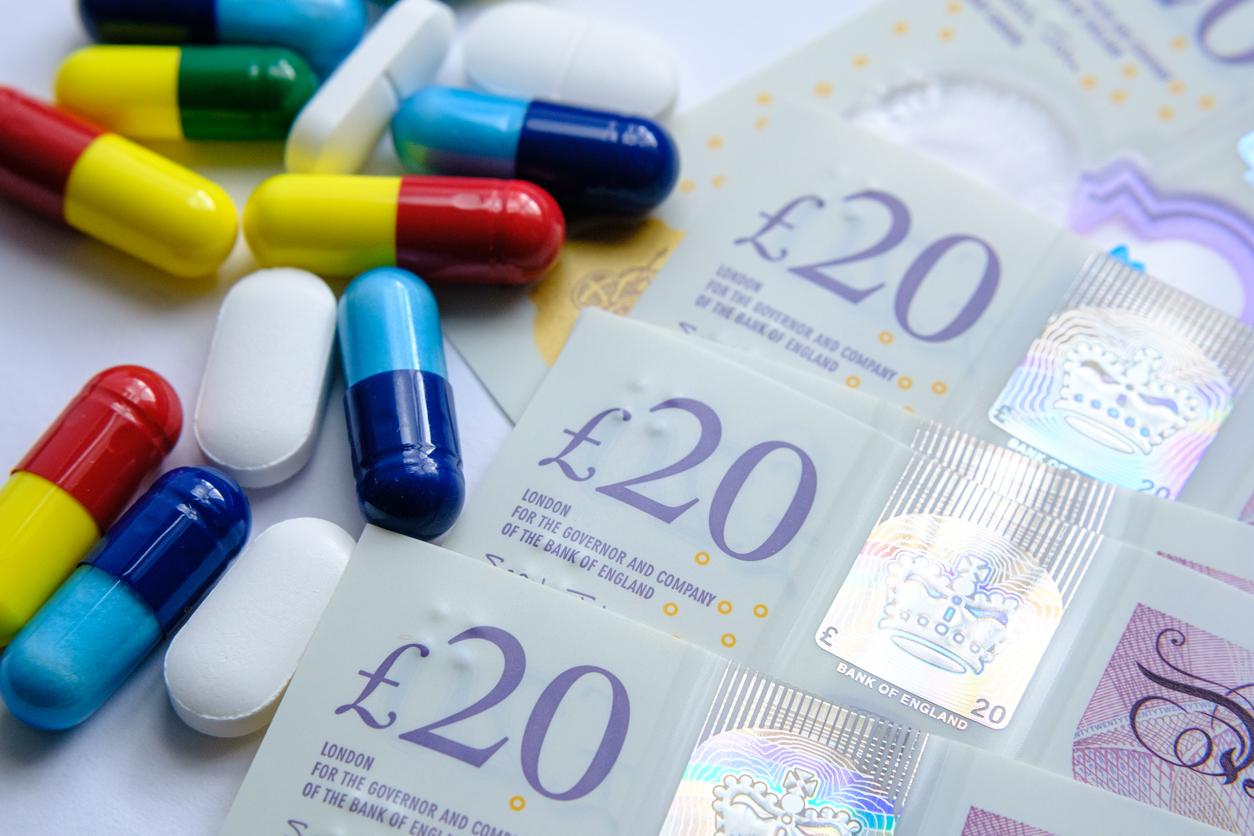The British government today put forth a package worth £85 million (roughly $108 million US) to support international efforts to combat antimicrobial resistance (AMR).
The funding, announced at an international meeting of ministers and health experts hosted by the Royal Society and the UK Department for Health and Social Care, includes £50 million ($63 million) to help countries and institutions in Africa access essential antibiotics, £25 million ($32 million) to strengthen AMR surveillance in Caribbean countries and territories, and £10 million ($13 million) to help establish an international scientific panel to coordinate action on AMR.
UK health officials say the funding is part of the country's efforts to maintain its role as a global leader on AMR, which is one of the stated goals in the government's recently released 2024 to 2029 national action plan. In 2023, the government announced funding of up to £210 million ($266 million) to boost AMR surveillance in 25 Asian and African countries.
"Antimicrobial resistance could render our most vital medicines useless—it is a threat the world must take extremely seriously," UK Health Minister Andrew Stephenson said in a press release. "This package of up to £85 million builds on the world-leading work the UK government is already doing to support low-and middle-income countries to monitor, research, and tackle this disease."
Fleming Initiative
Also announced at the meeting was a £45 million ($57 million) pledge by British drug maker GSK to become the first founding partner of an effort to build a global network of experts and institutions to better understand what's driving AMR and develop new interventions.
The Fleming Initiative, which will be led by Imperial College London and based at St. Mary's Hospital in London, will bring together scientific, clinical, policy, technology, and public engagement experts from around the world to improve understanding of how drug-resistant infections are transmitted and can be prevented, identify new opportunities to develop novel treatments and interventions, and understand how better surveillance approaches could improve detection and tracking of resistant infections.
This package of up to £85 million builds on the world-leading work the UK government is already doing to support low-and middle-income countries to monitor, research, and tackle this disease.
The effort will also use artificial intelligence and other new technology to better interpret and use complex scientific data and have a heavy focus on diagnostics, education and public engagement, and support for the countries most severely affected by AMR.
"This will be an important collaboration for GSK building on our long-standing commitment to tackling AMR and our focus on disease prevention," GSK CEO Emma Walmsely said in a company press release. "We are proud to be a founding partner, and hope others will join us to support this urgent priority."



















